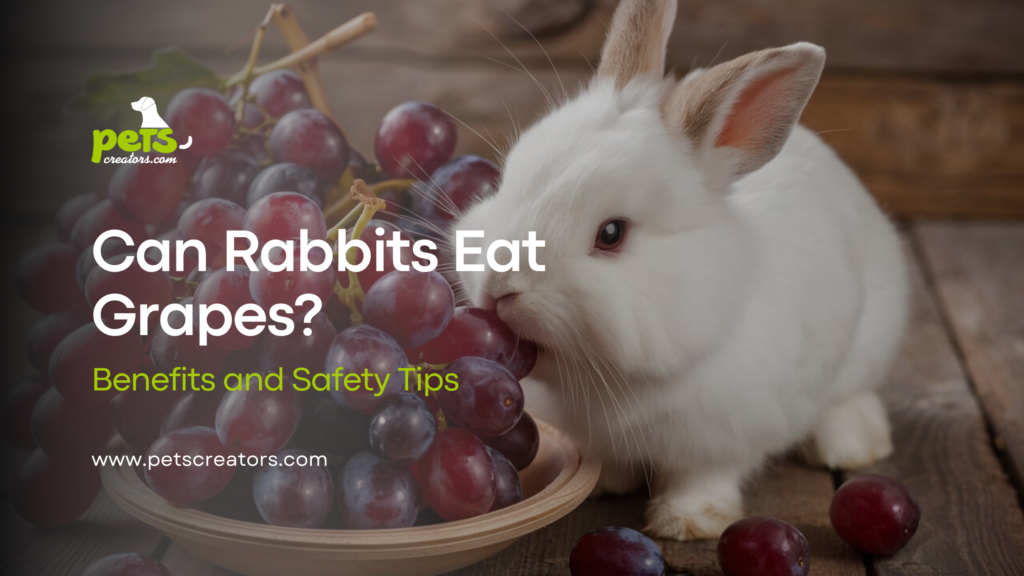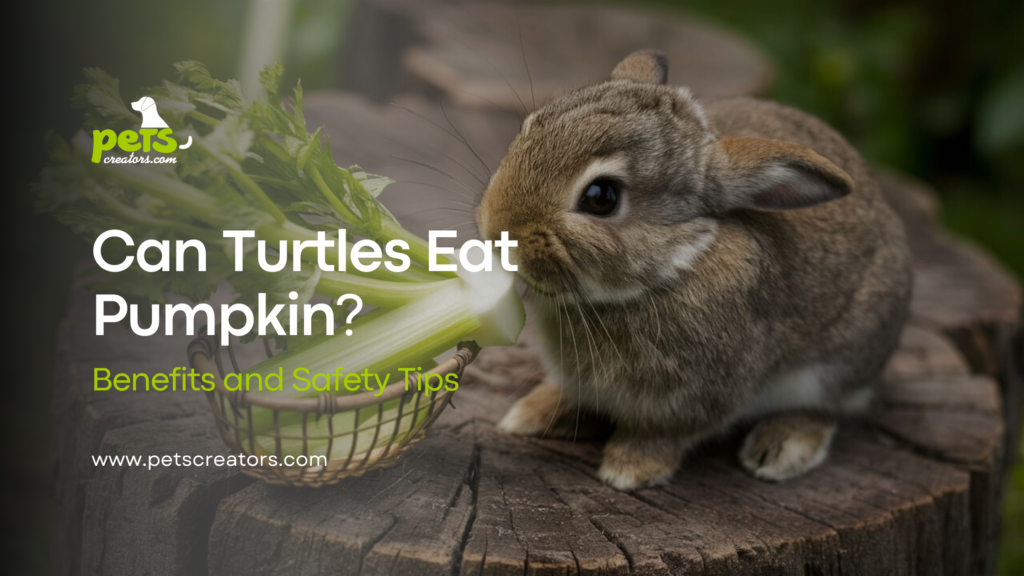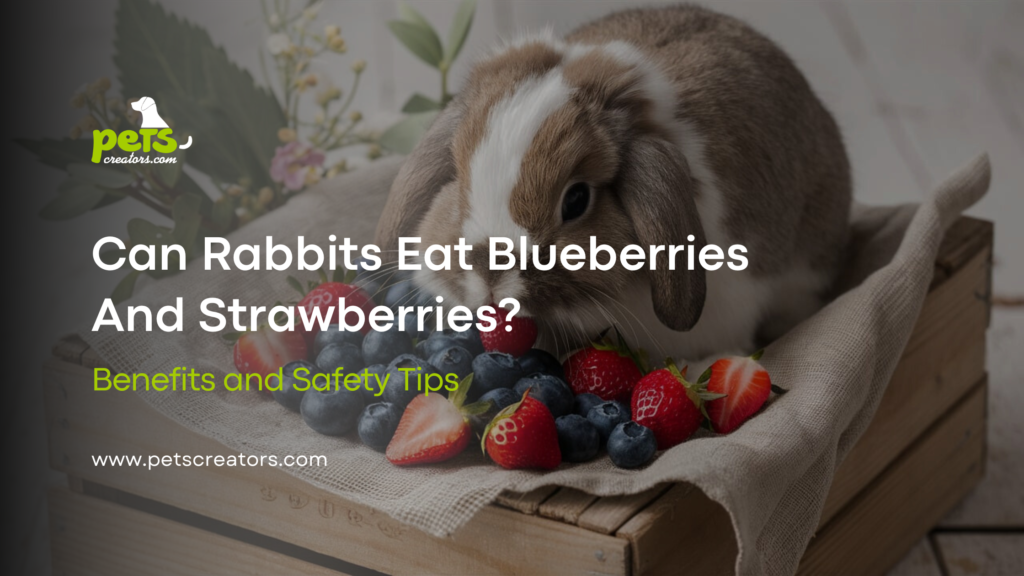Rabbits are quite friendly and interesting small animals that should be given a proper diet. Lately, as more people acquire rabbits as pets, one of the questions arising is whether it is possible to feed rabbits grapes. Grapes are lovable fruits for humans, but the excessive sugar in them can pose problems to our pets. In this article, the author will discuss the dangers and advantages that come with feeding rabbits grapes, as well as the procedures that ought to be followed. Scuba down and discover how to make your rabbit’s life full of joy and proper nutrition with treats.
Safe Alternatives to Grapes for Rabbits
Grapes, therefore, might appear like a delicious snack for your rabbit, however, there are other enjoyable forms of treats that you can feed your rabbit that are not as risky. Affordable food items include fresh vegetables with low calories which include carrots, celery and other green leaves. These options do not only provide a change in diet but also guarantee that your rabbit receives the proper nutrients without the usage of toxicological damage. New foods should always be introduced in small portions and you should also monitor your rabbit for any signs of digestion problems when introducing a new type of food.
Risks of Feeding Grapes to Rabbits
Feeding grapes to rabbits can be risky. Grapes contain high levels of sugar, which can upset a rabbit’s delicate digestive system. Overconsumption can lead to serious health issues such as obesity, digestive disturbances, and dental problems. Additionally, grapes may contain pesticides or other harmful chemicals if not washed thoroughly. It’s crucial to be cautious and consider these risks before offering grapes to your furry friend.
Effects of Grapes on Rabbits
The effects of grapes on rabbits can vary depending on the amount consumed. In small quantities, some rabbits might not show any immediate adverse effects. However, larger amounts can lead to digestive issues such as gas, bloating, and discomfort. Long-term consumption of high-sugar foods like grapes can contribute to obesity and dental problems. Always monitor your rabbit closely if you choose to give them grapes and limit the quantity.
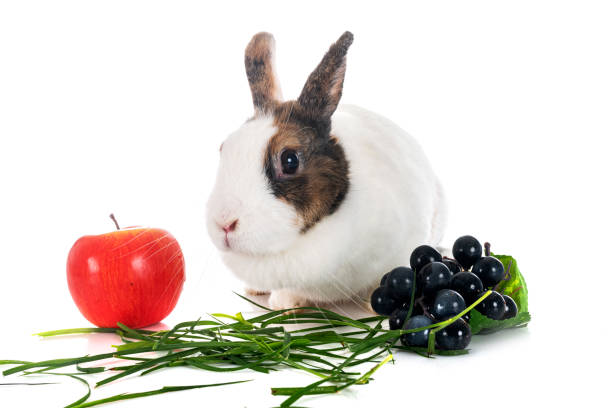
Are Grapes Good for Rabbits?
Grapes are not necessarily good for rabbits. While they do contain some beneficial nutrients like vitamins and antioxidants, the high sugar content outweighs these benefits for rabbits. Rabbits thrive on a diet rich in hay, fresh vegetables, and a small number of pellets. These foods provide the necessary nutrients without the excess sugar found in grapes. It’s best to stick to rabbit-friendly foods that support their health and well-being.
Nutritional Value of Grapes for Rabbits
Grapes contain vitamins C and K, along with antioxidants, which are beneficial to humans. However, for rabbits, the high sugar content poses a greater risk. Rabbits have specific dietary needs that are best met with foods low in sugar and high in fibre. While the occasional grape won’t harm most rabbits, it’s not an ideal source of nutrition for them. Fresh vegetables and hay remain the best choices for meeting your rabbit’s nutritional needs.
How Are Grapes Made?
Vines produce grapes which are grown in vineyards. It involves growing grapevines that take several years before they are ready for the production of grapes. Most grapes can be harvested during summer to early fall. They need certain conditions, for example, light and fertile soil, to be planted and be properly grown. The grapes can either be eaten raw, or dehydrated to become raisins, or processed for wines and other products. Nonetheless, given that grapes are rather sweet, they are not ideal for bunnies either due to their sugar content.
What Types of Grapes Are Safe for Rabbits?
If you decide to give your rabbit grapes, it’s essential to choose the right type. Organic grapes are the safest option since they are free from harmful pesticides. Always wash grapes thoroughly to remove any residual chemicals. Both red and green grapes can be given, but only in moderation. Seedless grapes are preferable as they eliminate the risk of choking. Remember, even the safest types of grapes should be given sparingly to avoid health issues.
Do Wild Rabbits Eat Grapes?
Wild rabbits generally do not eat grapes. Their natural diet consists of grasses, herbs, and leafy plants. They might nibble on wild fruits or berries occasionally, but grapes are not a common part of their diet. Wild rabbits instinctively choose foods that meet their nutritional needs and support their health. Domestic rabbits should follow a similar diet to ensure they remain healthy and thrive in their environment.
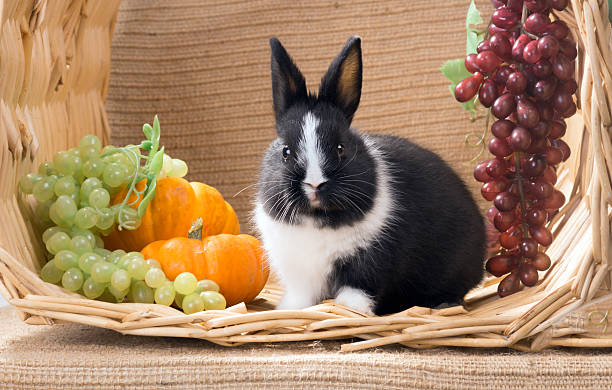
Why Is Eating Grapes Harmful to Rabbits?
Eating grapes can be harmful to rabbits primarily due to their high sugar content. Rabbits have a digestive system that is not equipped to handle large amounts of sugar. Consuming too many grapes can lead to digestive upset, weight gain, and dental problems. Additionally, grapes may contain pesticides or chemicals that are harmful to rabbits. It’s important to prioritize safer, rabbit-friendly foods that support their overall health and well-being.
Store-Bought Grapes and Rabbits
Store-bought grapes often contain pesticides and preservatives that can be harmful to rabbits. Even if you wash them thoroughly, some residues might remain. Organic grapes are a safer option, but they should still be given sparingly. Always prioritize fresh, rabbit-friendly vegetables and hay over store-bought fruits. These provide the necessary nutrients without the risks associated with high sugar and potential chemical exposure.
How Often Can My Rabbit Eat Grapes?
Grapes should only be given to rabbits occasionally, as a rare treat. Once or twice a month is sufficient. This infrequent offering ensures that the high sugar content does not negatively impact their health. Always monitor your rabbit after giving grapes to ensure they do not have any adverse reactions. Regular treats should consist of safer options like fresh vegetables and leafy greens.
How Many Grapes Are There?
Grapes come in various types and sizes, including red, green, and black varieties. Each type has its unique flavour and nutritional profile. However, regardless of the type, grapes should be given to rabbits in very small quantities. A single grape cut into smaller pieces is usually enough for a rabbit treat. Always remember that moderation is key to preventing health issues associated with high sugar intake.
Observing Your Rabbit After Eating Grapes
However, it is wise to monitor the rabbits closely and be on the lookout for any sign of an upset tummy or behavioural changes after giving them grapes. Some of the symptoms to look out for include passing of gas, swelling, or changes in stool texture. Any adverse reactions must be reported and grapes should be stopped immediately and advice from a vet ought to be sought. It is important for your rabbit to be monitored daily or every other day to detect any possible illnesses or other problems.

What About Grape Seeds and Leaves?
Grape seeds and leaves are not recommended for rabbits. Grape seeds can pose a choking hazard and may contain substances that are not safe for rabbits to consume. Grape leaves, while not as risky as the seeds, do not provide any significant nutritional benefits and may still contain traces of pesticides. Stick to the fruit itself, and only offer small, seedless pieces to ensure your rabbit’s safety.
Tips for Serving Grapes to Bunnies
When serving grapes to bunnies, follow these tips to ensure their safety and enjoyment:
- Choose organic, seedless grapes to avoid harmful chemicals and choking hazards.
- Wash the grapes thoroughly to remove any pesticide residues.
- Cut the grape into small pieces to make it easier for your rabbit to eat.
- Offer grapes as an occasional treat, not a regular part of their diet.
- Monitor your rabbit after giving grapes to check for any adverse reactions.
How Does Grape Digestion Work in Rabbits?
Rabbits have a unique digestive system designed to process a high-fiber, low-sugar diet. When a rabbit eats grapes, the high sugar content can disrupt their normal digestive process. Sugar ferments in their gut, potentially leading to gas and bloating. Rabbits rely on their cecum, a specialized part of their digestive system, to ferment fibrous foods. Excess sugar from grapes can interfere with this process, causing digestive upset.
What Are the Nutritional Benefits of Grapes for Rabbits?
Grapes have micro-nutrients as ingredients of vitamins and antioxidants but the high fructose content in grapes causes negative impacts to rabbits. Fibre is also an essential nutrient to feed rabbits, as their digestive systems can only handle fibre properly digested. Despite the small portions, even a grape can help in supplementing vitamin intake occasionally, the health dangers do not justify this. It is healthier to concentrate on carbohydrate sources that contain some nutrients without a lot of sugar.
Do Rabbits Enjoy Grapes?
Many rabbits enjoy the sweet taste of grapes. However, just because they enjoy them doesn’t mean they should have them often. Like children with candy, rabbits might crave sugary treats, but it’s the owner’s responsibility to limit these to protect their health. Offering a variety of healthier treats can keep your rabbit happy and healthy without the risks associated with high-sugar foods like grapes.
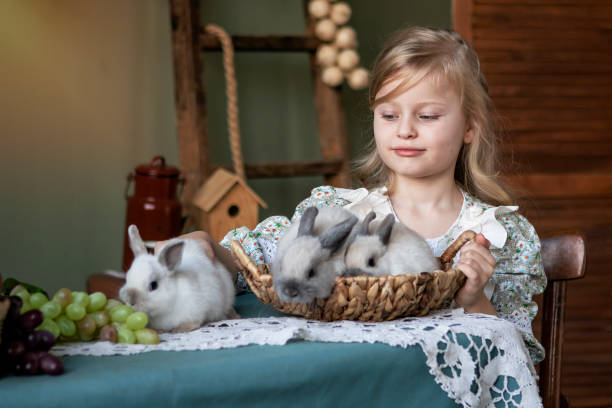
What Parts of Grapes Can Rabbits Eat?
Rabbits can eat the flesh of grapes in very small amounts. Avoid giving them grape seeds or leaves, as these parts can pose choking hazards or contain harmful substances. Always opt for seedless grapes and wash them thoroughly. Cut the grapes into small pieces to make them easier for your rabbit to eat and to prevent overconsumption of sugar.
Can Rabbits Eat Grape Seeds?
No, rabbits should not eat grape seeds. Grape seeds can pose a choking hazard and may contain compounds that are not safe for rabbits. Always choose seedless grapes when offering them as a treat. Even then, limit the amount to a very small piece to prevent any potential health issues related to high sugar intake.
Can Grapes Be Toxic to Rabbits?
In large quantities, grapes can be harmful to rabbits due to their high sugar content. While they are not toxic in the same way as chocolate or certain plants, overconsumption can lead to serious health issues. Always offer grapes in moderation and observe your rabbit for any signs of digestive distress. It’s better to err on the side of caution and choose safer, healthier treats.
Can Grapes Cause Digestive Problems in Rabbits?
Yes, grapes can cause digestive problems in rabbits. The high sugar content can lead to fermentation in the gut, causing gas, bloating, and discomfort. Over time, regular consumption of high-sugar foods can disrupt the delicate balance of the rabbit’s digestive system. To prevent these issues, limit grape treats to very small amounts and ensure your rabbit’s diet is primarily composed of high-fiber foods.
How Do You Introduce Your Bunny to Grapes?
If you decide to introduce grapes to your bunny, do so gradually. Start with a tiny piece and observe your rabbit for any signs of digestive distress or allergic reactions. If your rabbit tolerates the grape well, you can offer it occasionally as a treat. Always monitor your rabbit after introducing any new food to ensure it doesn’t cause any adverse effects.
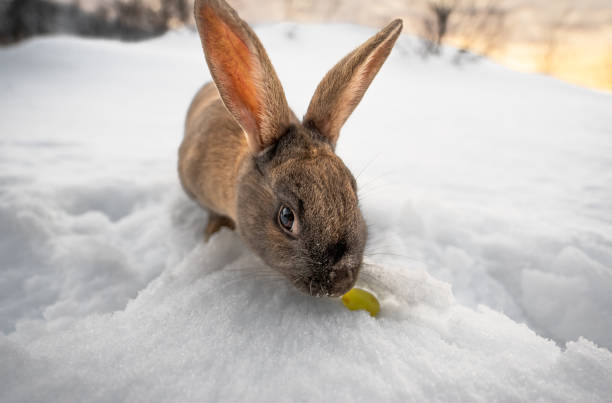
Preparing Grapes for Rabbits
To prepare grapes for rabbits, follow these steps:
- Choose organic, seedless grapes to avoid pesticides and choking hazards.
- Wash the grapes thoroughly under running water.
- Cut the grapes into small, manageable pieces to prevent overconsumption and make them easier to eat.
- Offer a small piece as a treat, not as a regular part of their diet.
- Monitor your rabbit after giving grapes to ensure they do not have any adverse reactions.
How Do Rabbits Eat Grapes?
Rabbits will nibble on small pieces of grapes, enjoying the sweet taste. However, due to the high sugar content, it’s important to limit the amount they consume. Offer a single small piece and observe how your rabbit eats it. Ensure that the pieces are small enough to prevent choking and that they do not consume too much sugar at once.
What Happens if Rabbits Eat Too Many Grapes?
If rabbits eat too many grapes, they may experience digestive issues such as gas, bloating, and discomfort. Over time, a diet high in sugar can lead to obesity and dental problems. It’s crucial to monitor your rabbit’s intake of sugary foods and ensure they primarily consume a diet rich in hay, fresh vegetables, and pellets. If you suspect your rabbit has eaten too many grapes, consult a veterinarian for advice.
What If My Rabbit Eats a Large Amount of Grapes?
If your rabbit eats a large amount of grapes, watch for signs of digestive distress such as gas, bloating, and changes in stool consistency. Contact a veterinarian immediately for advice. It’s important to act quickly to prevent any serious health issues. Keep a close eye on your rabbit and ensure they have access to plenty of fresh water and hay to help mitigate any potential problems.

How Much Grapes Can My Rabbit Eat?
Rabbits should only eat grapes in very small quantities. A single small piece, no more than once or twice a month, is sufficient. This limited amount ensures that the high sugar content does not negatively impact their health. Always monitor your rabbit after giving grapes to ensure they do not have any adverse reactions. Prioritize a diet rich in hay, fresh vegetables, and a small number of pellets for optimal health.
When Shouldn’t You Feed Grapes to Your Rabbit?
Avoid feeding grapes to your rabbit if they have a history of digestive issues, obesity, or dental problems. Grapes are high in sugar and can exacerbate these conditions. Additionally, if your rabbit is very young, it’s best to stick to a diet that supports their developing digestive system. Always consult with a veterinarian before introducing new foods to your rabbit’s diet, especially if they have existing health concerns.
Can Baby Rabbits Eat Grapes?
Baby rabbits should not eat grapes. Their developing digestive systems are not equipped to handle the high sugar content. Instead, focus on providing a diet rich in hay, fresh vegetables, and pellets formulated for young rabbits. This ensures they receive the necessary nutrients for healthy growth and development. Introduce new foods gradually as they grow older and always consult a veterinarian for guidance.
How Frequently Should Adult and Baby Rabbits Be Fed Grapes?
Adult rabbits can be fed grapes as an occasional treat, no more than once or twice a month. Baby rabbits should not be given grapes due to their sensitive digestive systems. Focus on a diet that provides the necessary nutrients for growth and health. As your rabbit matures, you can introduce small amounts of new foods gradually, always monitoring for any adverse reactions.
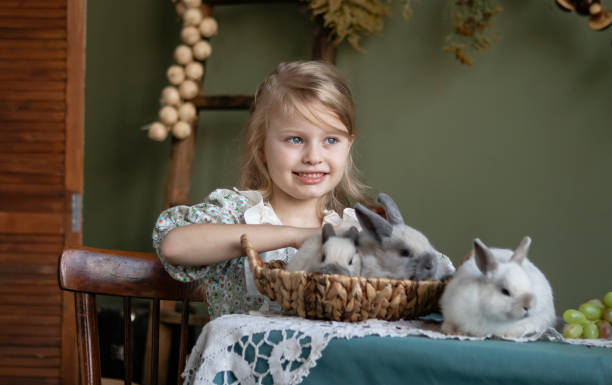
Potential Dangers in Grapes
The potential dangers in grapes for rabbits include high sugar content, which can lead to digestive issues, obesity, and dental problems. Pesticides and chemicals on store-bought grapes also pose a risk. Always choose organic, seedless grapes and wash them thoroughly before offering them to your rabbit. Even then, limit the amount to prevent any potential health issues.
What If My Rabbit Accidentally Eats a Lot of Grapes?
If your rabbit accidentally eats a lot of grapes, monitor them closely for signs of digestive distress such as gas, bloating, and changes in stool consistency. Contact a veterinarian immediately for advice. Provide plenty of fresh water and hay to help mitigate any potential issues. Acting quickly can help prevent serious health problems and ensure your rabbit remains healthy.
Monitoring Your Rabbit’s Health with Grapes
After offering grapes to your rabbit, monitor their health closely. Watch for any signs of digestive upset, changes in behaviour, or unusual symptoms. Regular monitoring helps ensure that any adverse reactions are addressed promptly. Always prioritize a balanced diet rich in hay, fresh vegetables, and pellets to support your rabbit’s overall health and well-being.
Incorporating Fresh Greens and Vegetables
Incorporating fresh greens and vegetables into your rabbit’s diet is essential for their health. Foods like romaine lettuce, kale, and cilantro provide necessary nutrients without the high sugar content found in grapes. Always introduce new foods gradually and observe your rabbit for any adverse reactions. A varied diet rich in fresh vegetables supports their digestive health and overall well-being.
What Actions Should I Take if My Rabbit Consumes Grapes?
If your rabbit consumes grapes, observe them closely for any signs of digestive distress. Ensure they have access to fresh water and hay to help mitigate any potential issues. If you notice any adverse reactions, contact a veterinarian immediately for advice. Regular monitoring and a balanced diet are key to maintaining your rabbit’s health and preventing issues related to high sugar consumption.
Creating a Balanced Diet With Grapes
Creating a balanced diet for your rabbit should focus on hay, fresh vegetables, and a small number of pellets. Grapes should be a rare treat, offered in very small quantities. This approach ensures your rabbit receives the necessary nutrients without the risks associated with high sugar intake. Always consult a veterinarian for guidance on the best diet for your rabbit’s specific needs.
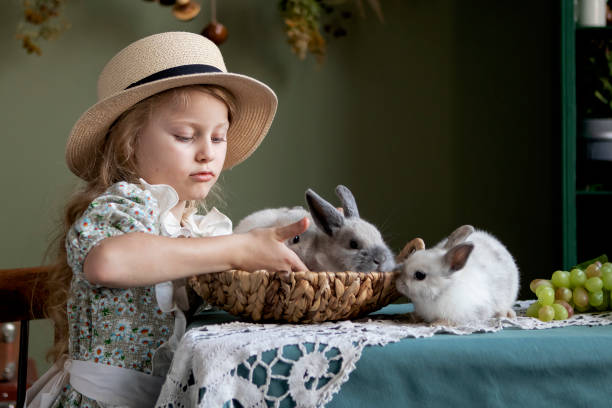
My Rabbit Ate a Whole Grape?
If your rabbit ate a whole grape, monitor them for any signs of digestive distress. A single grape is not likely to cause serious harm, but it’s important to watch for any changes in behavior or stool consistency. Provide plenty of fresh water and hay to help with digestion. If you notice any adverse reactions, contact a veterinarian for advice.
Can Rabbits Eat Wild Grapes?
Wild grapes can be risky for rabbits due to potential pesticide exposure and the presence of seeds. If you choose to offer wild grapes, ensure they are thoroughly washed and remove any seeds. However, it’s generally safer to stick to fresh vegetables and hay, which provide the necessary nutrients without the risks associated with wild or store-bought grapes.
What Else Can I Feed My Rabbit Besides Grapes?
Besides grapes, there are many safe and healthy foods you can feed your rabbit. Fresh vegetables such as carrots, celery, and leafy greens are excellent choices. These foods provide necessary nutrients without the high sugar content found in grapes. Always introduce new foods gradually and observe your rabbit for any adverse reactions. A varied diet rich in fresh vegetables supports their overall health and well-being.
How to Create a Rabbit-Friendly Garden
Creating a rabbit-friendly garden involves planting a variety of safe, nutritious plants that rabbits can enjoy. Consider planting herbs like basil, parsley, and cilantro, along with vegetables such as carrots and leafy greens. Ensure the garden is free from harmful pesticides and chemicals. Providing a safe, natural environment with a variety of fresh foods supports your rabbit’s health and happiness.
Grapes Feeding Guidelines and Amounts
When feeding grapes to rabbits, follow these guidelines:
- Choose organic, seedless grapes to avoid harmful chemicals and choking hazards.
- Wash the grapes thoroughly before serving.
- Cut the grapes into small pieces to prevent overconsumption.
- Offer grapes as an occasional treat, no more than once or twice a month.
- Monitor your rabbit for any signs of digestive distress or adverse reactions.
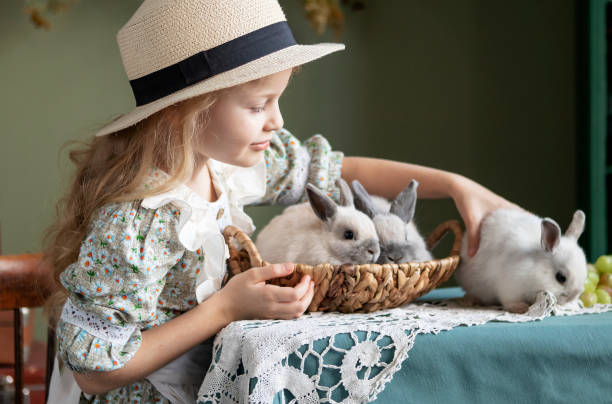
Rabbit Treats Made at Home With Grapes
You can make rabbit treats at home using grapes by combining them with other rabbit-friendly ingredients. For example, blend a small piece of grape with mashed banana and oats to create a tasty treat. Ensure the treat is small and only offered occasionally. Homemade treats allow you to control the ingredients and ensure your rabbit enjoys a safe, nutritious snack.
Conclusion
Grapes should not be given to rabbits often or freely because of the danger that they might pose to the rabbits being kept. Although the intelligent consumer might be from time to time a small piece of grape, the high sugar provides some dangers. Feed your rabbit with a balanced amount of hay, fresh vegetables and pellets to enhance its health and livelihood. Education on what the risks and rewards are enables one to make informed choices on whether to give your pet grapes and juice other fruits and treats.
FAQs
1. Can rabbits eat grapes?
Yes, but only in small amounts and occasionally due to the high sugar content.
2. Are grape seeds safe for rabbits?
No, grape seeds can pose a choking hazard and may contain harmful substances.
3. How often can I give my rabbit grapes?
Once or twice a month is sufficient.
4. What are the risks of feeding grapes to rabbits?
High sugar can lead to digestive issues, obesity, and dental problems.
5. Can baby rabbits eat grapes?
No, their digestive systems are too sensitive for high-sugar foods.
6. Should I wash grapes before giving them to my rabbit?
Yes, always wash grapes thoroughly to remove any pesticides.
7. Are organic grapes safer for rabbits?
Yes, organic grapes are free from harmful pesticides but should still be given sparingly.
8. What if my rabbit eats too many grapes?
Monitor for signs of digestive distress and contact a veterinarian if necessary.
9. Can wild rabbits eat grapes?
Wild rabbits generally do not eat grapes; they prefer grasses and leafy plants.
10. What other treats can I give my rabbit?
Fresh vegetables like carrots, celery, and leafy greens are great alternatives.

